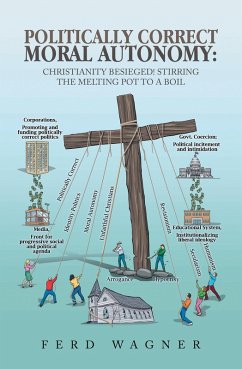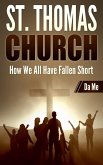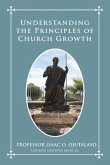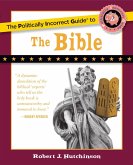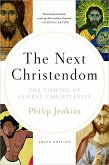On what basis should we accept or reject political or social philosophies that insist human nature, human wisdom and human cooperation have the potential to resolve our issues and problems if we buy into the morality espoused by liberal politics and liberal resolutions? Should we side with progressives who see most people as good, free to self-determine their own standards and will do the right thing if given the opportunity? Or with the right political and social contracts proposed by the "correct" party who see the morality of the liberal government as our correct way of achieving peace and prosperity? Should Christians have a place at the table? The challenge here and in all such debates is what constitutes acceptable moral standards and practices that accurately represent the will of the majority without denying the legal, social and moral rights of the minority? Then the question becomes how to correctly implement those standards. Here, each side should be challenged to present evidence and facts that either refute or prove the posited solutions or reforms can be validated by an acceptable objective authority or unbiased source. At this point, the debate demands proof or corroboration that the authorities being identified are trustworthy and beyond reproof. Is the authority a person, institution, document or charismatic leader and speaker? What evidence or past experiences corroborate their integrity and wisdom in dealing with the issue at hand? If you combine or spread the authority from the four different entities listed above, are you more likely to get subjective solutions based on human nature and human experience or divine solutions based on Christian theology and practice? One standard will insist that merit, integrity, honor and personal accountability is the better way to create more ethical and harmonious relationships while the other looks more towards fairness, inclusion and equality as the keys to harmony and prosperity. Here is where the rubber hits the road. Can any human, political party or institution claim superiority over all other authorities? If so, which one? In our system of government, a president and in most situations, his political party rules the roost for four years. Often, they dramatically change the moral and ethical atmosphere, refuting the direction of the preceding administration. Our checks and balances are primarily politically manipulated by the party in power and frequently are more rigged than balanced. Should our system be predicated on scriptural truth whose default is ethical accountability across the board or continue down the path where what is politically pragmatic and pluralistic enough to maintain control and power is the default? Political correctness cannot please all the people all the time. Nothing can. Which groups then should get priority; the ethical, accountable, sacrificial individuals and organizations, or the self-serving, you owe me, I deserve it groups who feel entitled to special privileges or rights? Meritocracy or hypocrisy? God's ethics or man's identity politics' morality?
Dieser Download kann aus rechtlichen Gründen nur mit Rechnungsadresse in A, D ausgeliefert werden.

